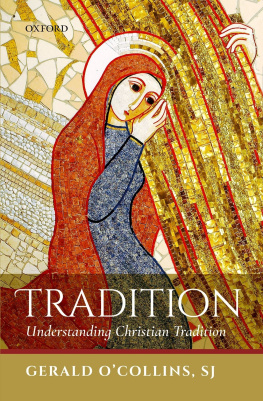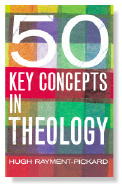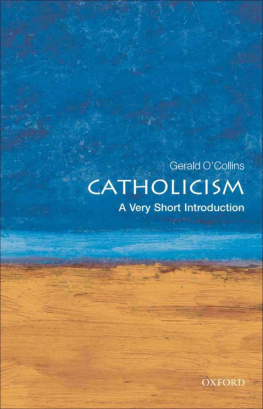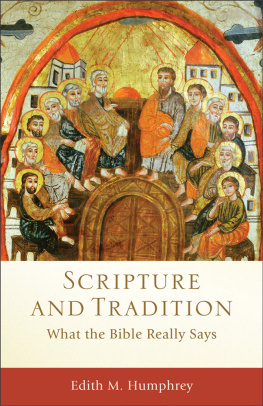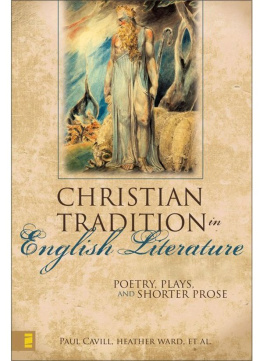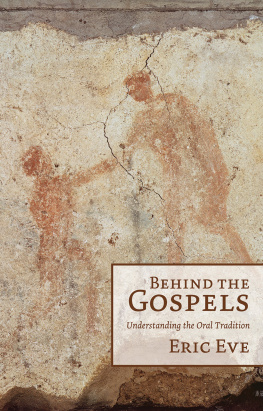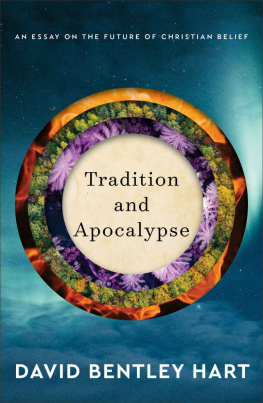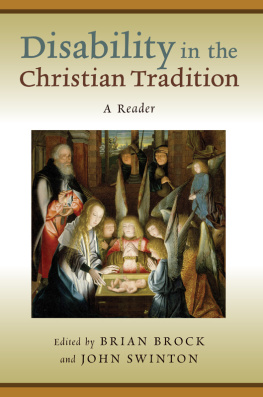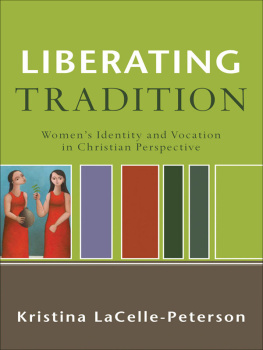Oxford University Press is a department of the University of Oxford. It furthers the Universitys objective of excellence in research, scholarship, and education by publishing worldwide. Oxford is a registered trade mark of Oxford University Press in the UK and in certain other countries
All rights reserved. No part of this publication may be reproduced, stored in a retrieval system, or transmitted, in any form or by any means, without the prior permission in writing of Oxford University Press, or as expressly permitted by law, by licence or under terms agreed with the appropriate reprographics rights organization. Enquiries concerning reproduction outside the scope of the above should be sent to the Rights Department, Oxford University Press, at the address above
You must not circulate this work in any other form and you must impose this same condition on any acquirer
Published in the United States of America by Oxford University Press 198 Madison Avenue, New York, NY 10016, United States of America
Preface
Recently I received an invitation to the launch of a book entitled Educating for Purposeful Living in a Post-Traditional Age. A prior engagement prevented me from accepting the invitation. If I had been able to attend the launch, I would have questioned the author over the place of post-traditional in his title.
Did he mean that we are living in an age which has abandoned many long established customs and practices? That is uncontroversial and obviously true. Many traditional views and values have been judged to be outdated and dropped. With the authority of tradition widely disputed, one cannot appeal to the grounds that this is the way it has always been and this is the way it should remain. But did the author of Living in a Post-Traditional Age mean that our age has literally moved beyond all tradition, and is post-traditional in the extreme sense of having given up its entire heritage? Such a total break with tradition is neither desirable nor possible.
Learning a language, for instance, involves learning a tradition. Every language, even a language open to remarkable change, is traditional. As it is handed on through teaching and learning, it acts as a major tradition by providing group cohesion and exercising a measure of social control. Paradoxically those who speak out against tradition do so through their inherited language. They use traditional language to challenge tradition.
To allege that we live in a post-traditional age can be as confusing as alleging that we live in a post-historical age. Even those who prefer to remain largely unaware of their historical heritage have been shaped, individually and collectively, by history. Consciously or, much more frequently, unconsciously we may take our history in new directions. But a total break with our inherited history remains as impossible as a total break with the tradition we have inherited in so many fields. Tradition, whether recent or older, remains present in every field of human existence and endeavour.
Those who pit modernity against tradition risk forgetting that some tradition or traditions may in fact provide the direction for a valuable renewal. It was precisely through retrieving teaching from Thomas Aquinas and even earlier traditions that Pope Francis reformed the situation of the Eucharist being denied to the divorced and civilly remarried who are sexually active. His 2016 exhortation Amoris Laetitia (the Joy of Love) that signalled this change will be examined later. Here let me simply cite this reform as an example of tradition proving productive and bringing life-giving change. The new drew its inspiration from the old.
Right from the outset, it is important to alert readers to the way tradition may designate either a process (the act of handing on, actus tradendi, traditio activa) or what is handed on (the object or content, traditum, traditio passiva). Where English has at its disposal only one word tradition, German enjoys two words: berlieferung and Tradition. The former tends to suggest the act of handing on, while the latter tends to suggest the object that is handed on. Even so, there is no hard and fast distinction in German usage of the two terms. In this book the context should make it clear which meaning is intended when we speak of tradition: either the act of transmission or the content of what is transmitted. We would waste time to explain constantly whether it is the process or the content that is intended.
This book begins with positions on tradition that many Christians came to share in the second half of the twentieth century (). A real, if incomplete, convergence on tradition shows up when we compare a 1963 report from the Faith and Order Commission of the World Council of Churches with a 1965 document expounding tradition published by the Second Vatican Council. Our first chapter presents this convergence.
For years biblical scholars have used sociology and other social sciences to advantage in illuminating the biblical traditionssomething noted with approval in the Pontifical Biblical Commissions The Interpretation of the Bible in the Church (Rome: Libreria Editrice Vaticana, 1993, 5763). The few theologians who have in recent years written about Christian tradition (see the entries in my bibliography for D. Brown, S. R. Holmes, H. J. Pottmeyer, J. E. Thiel, and D. H. Williams) have drawn nothing from sociological insights into the role of tradition in human and religious life. They have regularly neglected the help towards understanding tradition which they might have received from Peter Berger, Anthony Giddens, Edward Shils, and other experts in the social sciences. What difference does tradition make in human life? will cite answers coming, above all, from sociologists and promising to shed valuable light on the religious tradition of Christians. It will set out, in particular, four positions developed by Shils.
In the light of the divine self-revelation that reached its highpoint through Christ and the New Testament Church, will lay out seven characteristics of Christian tradition, and present the crucified and risen Jesus (the Christus praesens) as the central Traditum. It will also examine the language of culture. While closely associated with tradition, culture is not identical and should not be taken as a substitute.
All the baptized play at least some minimal role in transmitting tradition, and can do so in indefinitely many ways. will examine (a) the transmitters of tradition, (b) the sense of the faithful (sensus fidelium) that inspires their handing on of tradition, and (c) the role of official teachers in the transmission of tradition. A sense of tradition (sensus traditionis) is shared, at least minimally, by all Christians. The essential, if invisible, agent of tradition remains always the Holy Spirit.
moves to the mutual dependence of Scripture and tradition. To illustrate this dependence, it reflects on three examples: the emergence of the creeds, the development of the image of Christ as the New or Last Adam, and the doctrine of justification. The chapter then focuses on the role of Scripture in reforming long-standing teaching on religious freedom and combating scandalous anti-Semitism. It is within the full context of Christian life and history that we should reflect on the relationship between Scripture and tradition.

